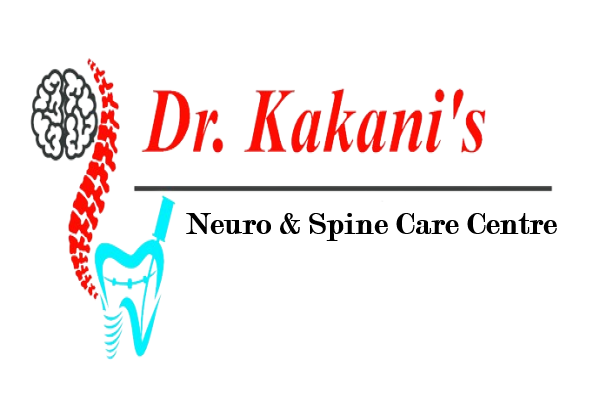Brain Tuberculosis (Tuberculous Meningitis): Transmission: TB bacteria can reach the brain through the bloodstream or by spreading from an adjacent infection, such as pulmonary TB. Symptoms: Headache: Persistent and severe headaches are a common symptom. Fever and Chills: Systemic symptoms may be present. Stiff Neck: Meningeal irritation can lead to a stiff neck. Nausea and Vomiting: Especially in the morning. Diagnosis: Medical History: Information about exposure to TB and symptoms. Physical Examination: Including neurological examination. Imaging Studies: CT scans or MRIs to detect abnormalities in the brain. Cerebrospinal Fluid Analysis: A lumbar puncture (spinal tap) to examine the fluid around the brain and spinal cord for the presence of TB bacteria. Treatment: Antibiotics: TB is treated with a combination of antibiotics, typically over an extended period (several months) to ensure complete eradication of the bacteria. Supportive Care: Symptomatic treatment for relief of specific symptoms. Spinal Tuberculosis: Transmission: Similar to brain TB, spinal TB is often a result of the spread of TB bacteria through the bloodstream or from an adjacent infection. Symptoms: Back Pain: Persistent and often worsening over time. Neurological Symptoms: Depending on the location, compression of the spinal cord or nerves can lead to weakness, numbness, or tingling in the extremities. Deformities: In advanced cases, spinal TB can lead to deformities of the spine. Diagnosis: Medical History and Physical Examination: Assessing symptoms and neurological function. Imaging Studies: X-rays, CT scans, or MRIs to visualize the spine and detect characteristic changes. Biopsy: In some cases, a biopsy may be performed to confirm the presence of TB bacteria. Treatment: Antibiotics: Similar to brain TB, spinal TB is treated with a combination of antibiotics for an extended period. Bracing: In cases of spinal deformities, bracing may be recommended. Surgery: In severe cases or when there is spinal instability, surgical intervention may be necessary. Both brain TB and spinal TB are serious conditions that require prompt diagnosis and treatment. If you suspect TB or are experiencing symptoms suggestive of TB affecting the central nervous system, it's crucial to seek medical attention for a thorough evaluation and appropriate management.

This is your website preview.
Currently it only shows your basic business info. Start adding relevant business details such as description, images and products or services to gain your customers attention by using Boost 360 android app / iOS App / web portal.
917276135101
Have any question or need any consultation?
Online appointment booking is not available right now.
Your enquiry
Your contact info
Appointment Confirmed
Your appointment ID is
| Doctor Name: | |
| Date & Time: | |
| Contact: | +917276135101 |
| Address: | Medicure multispeciality clinic, Ground Floor, Shree Radhe heights, opp. Niti Gaurav Complex, near Lokmat chowk, Ramdaspeth, Nagpur, Maharashtra 440012, India |
| Appointment fee: | |
| Payment mode: | |
| Join video call at: |
Thanks for choosing us.Your appointment details has been shared on your mobile number as well. Please arrive atleast 10 minutes ahead of the scheduled time.
Success
